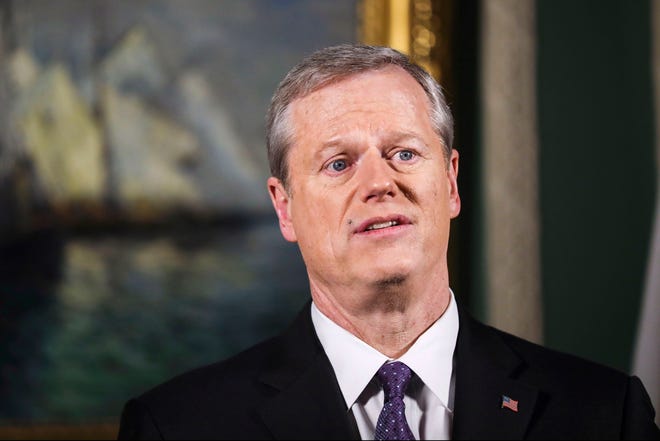President of the League of Women Voters of the Cape Cod Area weighs in on voting rights
The headline of the letter by William Skinner from Venice, Florida, “Voting rights bill a radical piece of legislation” (Feb. 7) certainly got our attention. Mr. Skinner refers to information he got from Imprimis, Hillsdale College newsletter (Oct. 2021, Vol. 50 No. 10). Unfortunately, Mr. Skinner only chose to use some of the information presented, which is what has been happening a lot lately when presenting arguments.
Sometimes what is left out is just as important as what is presented. For instance, Mr. Skinner underpins his argument in favor of Voter IDs with the findings of the 2005 Commission on Federal Election Reform. This commission came out with its recommendations after only two limited hearings and no call for public comment. Last year, members of this commission, Jimmy Carter among them, came out to disavow that commission’s work.
The League of Women Voters (LWV) is a non-partisan, grassroots organization dedicated to the protection of voting rights. For democracy to work for all, access to fair, unrestricted voting for all citizens is imperative. Imposing burdensome and unnecessary voter identification requirements is a significant assault on voting rights, which disproportionately affect voters of color, young voters, voters with disabilities, as well as veterans serving outside of the US.The LWV of the Cape Cod Area is especially appreciative that the state of Massachusetts is forward-thinking in its voter laws. Massachusetts only requires voter identification when you vote for the first time or have been an inactive voter.
The discussion encouraging increased voter identification has become more vociferous due to the excessive misinformation about voter fraud that surrounded the 2020 presidential election. Multiple studies and investigations have indicated that there was no significant fraud. The flagrant attempts to limit voting rights for huge segments of the national population suggest that legislation such as the VOTES Act is more necessary than ever.
The League celebrates that the Massachusetts State Legislature is now in the process of hammering out in conference committee the VOTES Act. The final bill will bring strong voting reforms to Massachusetts, including unrestricted voting by mail and expanded early voting. As recommended by our Secretary of the Commonwealth, the LWV is in favor of same-day voter registration, which passed the state Senate but not the House of Representatives. We urge citizens to contact their state representatives and ask them to support same-day voter registration in the conference committee version.
Suzanne Brock is the president of the League of Women Voters of the Cape Cod Area.




